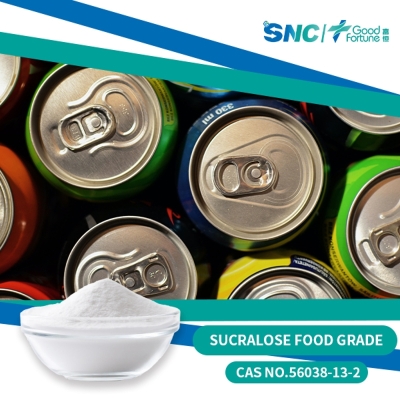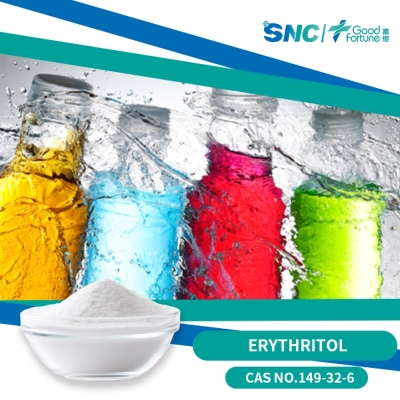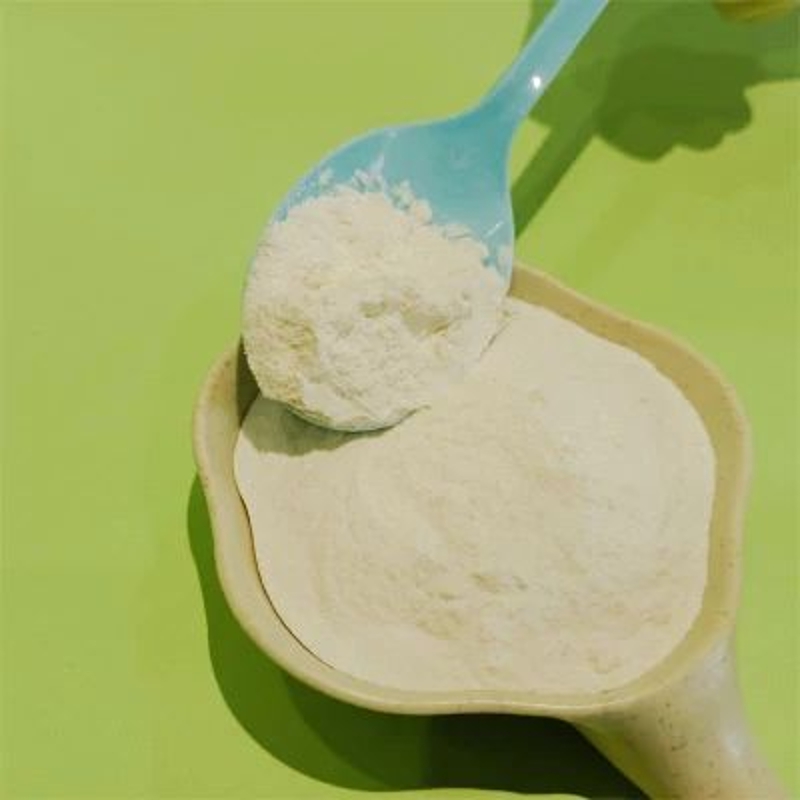-
Categories
-
Pharmaceutical Intermediates
-
Active Pharmaceutical Ingredients
-
Food Additives
- Industrial Coatings
- Agrochemicals
- Dyes and Pigments
- Surfactant
- Flavors and Fragrances
- Chemical Reagents
- Catalyst and Auxiliary
- Natural Products
- Inorganic Chemistry
-
Organic Chemistry
-
Biochemical Engineering
- Analytical Chemistry
-
Cosmetic Ingredient
- Water Treatment Chemical
-
Pharmaceutical Intermediates
Promotion
ECHEMI Mall
Wholesale
Weekly Price
Exhibition
News
-
Trade Service
Food Partners Network News Sweetin (chemically known as sodium cyclohexyl amino sulfonate) as a sweetener, allowed in China for food, but in the United States, Japan and South Korea and other countries are prohibited to add to food.
Japanese and South Korean officials have also repeatedly informed China's exports of Japanese and South Korean food due to the detection of sweets lead to import testing failure.
, why does Japan and South Korea ban the use of sweets? Food Partners Network Japan and South Korea will answer here.
, the beginning of the use of 1937, the University of Illinois graduate students found that sweeteners can produce a greater sweet taste.
was first used in the early 1950s.
is about 30 to 40 times sweeter than sugar and heat resistant to high temperatures, and can be used in a variety of foods, the 1960s sweetener swept the world sweetener market.
1956, Japan designated sweets as a food additive.
sweets are more economical and easier to process than sugar, so They are used in foods such as snacks, instant juices and canned fruit.
turning point in 1968, the United States pointed out that sweets can cause cancer.
international debate about sweets as carcinogens that can also lead to male infertility.
1969, following a U.S. ban on the use of serotonin, the Japanese government also removed the designation of serotonin, banning the use of serotonin.
South Korea has banned the use of sweets since the 1970s.
1982, a joint expert committee on food additives under the Food and Agriculture Organization of the United Nations and the World Health Organization assessed the safety of sweets and set their ADI at 11 mg/kg/day.
the organization believes that sweets are safe food additives and do not cause health hazards as long as they do not exceed standard values.
, china, the European Union, Australia, New Zealand and other more than 80 countries allow the addition of sweets in food.
4th, Japan and South Korea use the status quo, Japan still prohibits the use of sweetin, in addition, no enterprises to apply for the use of serotonin as an additive is also one of the reasons why Japan banned the use of sweetin.
sugar is not an expensive commodity, artificial sweeteners are also very rich in variety, can replace sweeteners added to food.
, South Korea's Food and Drug Safety Administration said: "Although there have been no incidents related to the health hazards of sweets, but under the current regulations, the use of sweets is still prohibited in South Korea."
" in the use of sweetin, because of Japan and South Korea's regulatory standards and China's differences, food exported to Japan and South Korea if the detection of sweetin will be returned, destroyed and other treatment.
Food Partners Network here to remind exports of Japanese and South Korean food enterprises: before exporting products, should first confirm whether the product is compliant, whether to comply with Japan and South Korea's standard regulatory requirements, in order to avoid unnecessary trade losses.
this article by the food partner network information service department Japan and South Korea information group compilation, for the reference of netizens, welcome to reproduce, reprint please indicate the source! If you have any questions, qxn@foodmate.net.
Korea Information Group is committed to monitoring and analyzing food safety standards regulations and information dynamics in Japan and South Korea, providing support services for food enterprises.
。







